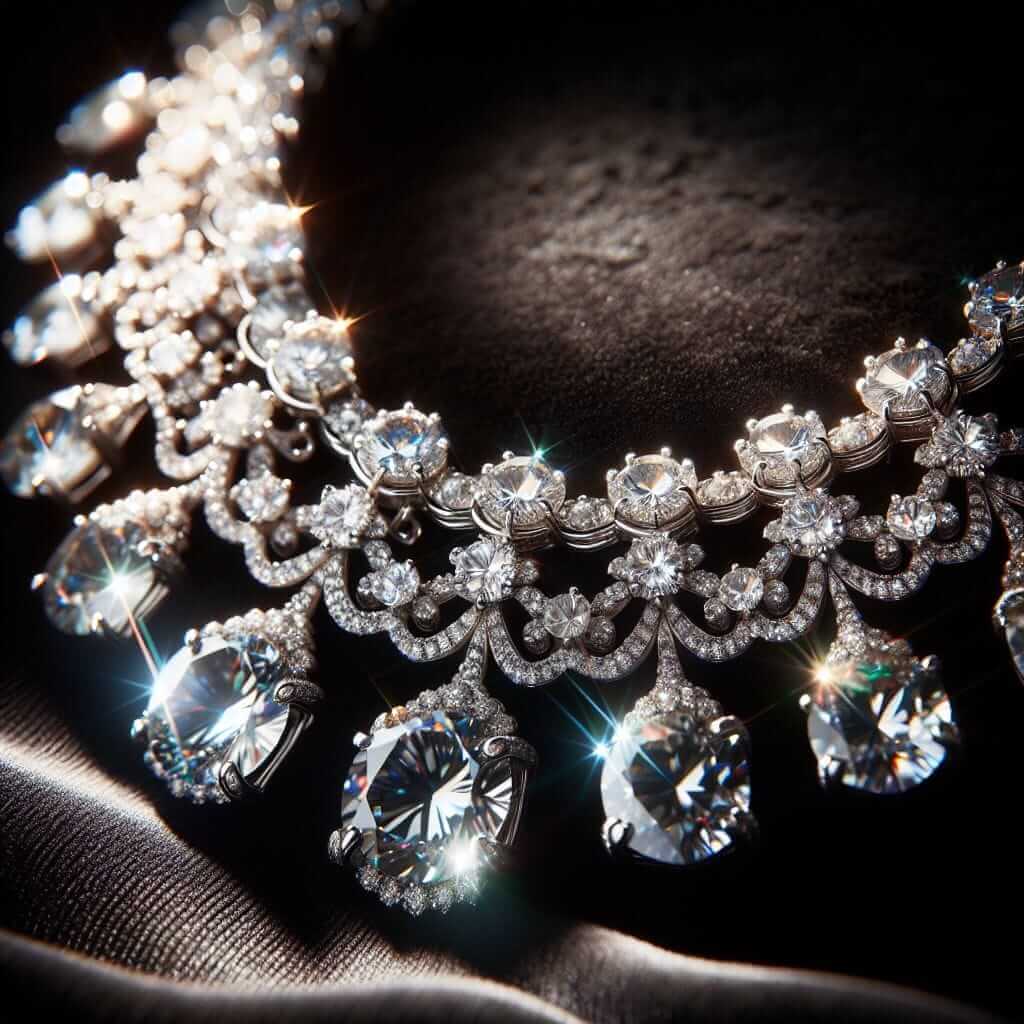The IELTS Speaking Test is an important part of the overall IELTS exam, consisting of three parts: Part 1 (Introduction and Interview), Part 2 (Long Turn), and Part 3 (Two-way Discussion). As an IELTS Speaking Examiner, I evaluate candidates based on their fluency and coherence, lexical resource, grammatical range and accuracy, and pronunciation. It is essential to showcase these aspects to achieve a high score.
The topic “Describe a time when you spent money on something special” is a common question in Part 2. This guide will provide you with sample answers and strategies to respond effectively.
II. Main Content
1. Part 1: Introduction and Interview
Examiner’s potential questions:
- Do you prefer to save money or spend it?
- What is the most expensive thing you have ever bought?
- Why do people buy luxury items?
Sample Question and Answer:
Question: Do you prefer to save money or spend it?
Answer:
“I generally prefer to save money because it provides me with a sense of security and allows me to plan for future expenses. However, I do occasionally spend money on things I truly enjoy or consider special, such as a unique experience or a meaningful gift for a loved one.”
2. Part 2: Long Turn
Cue Card:
“Describe a time when you spent money on something special.
You should say:
- What you bought
- When and where you bought it
- Why you bought it
- And explain why you think it was special.”
Sample Answer:
“One memorable occasion when I spent money on something special was when I purchased a diamond necklace for my mother’s 50th birthday last year. I bought it from a reputable jewelry store in the city center a few weeks before her birthday. The necklace was exquisitely designed with a single, elegant diamond pendant that I knew would suit her refined taste.
I decided to splurge on this gift because my mother has always been my pillar of strength and support. I wanted to express my deep appreciation and love for her with something that she could cherish forever. The look on her face when she opened the gift box and saw the necklace was priceless. It made me realize that spending money on meaningful gestures can create lasting memories and convey emotions that words sometimes fail to express.”

Follow-up Questions:
- Why do you think gifts can be special?
- Do you think it’s better to give or receive gifts?
Sample Answers:
-
“Why do you think gifts can be special?”
“Gifts can be special because they represent thoughtfulness and effort. They often symbolize a connection or shared experience between the giver and the receiver, making them more than just material objects.” -
“Do you think it’s better to give or receive gifts?”
“I believe giving gifts is more fulfilling because it allows you to express your gratitude and affection towards others. The joy of seeing someone appreciate a well-thought-out gift far outweighs the pleasure of receiving one.”
3. Part 3: Two-way Discussion
Examiner’s question:
“Do people generally spend more money on special occasions in your country?”
Sample Answer:
“Yes, people in my country tend to spend more money on special occasions such as weddings, birthdays, and festivals. These events are usually associated with showing love, respect, and social status. For example, during weddings, it’s customary to splurge on lavish decorations, exotic destinations, and gourmet catering. This practice not only reflects the cultural emphasis on hospitality and celebration but also signifies the importance of these milestones in people’s lives.”
Follow-up Questions:
- Why do you think people like to spend a lot on special celebrations?
- How has technology influenced the way people spend money?
Sample Answers:
-
“Why do you think people like to spend a lot on special celebrations?”
“People often spend a lot on special celebrations to create memorable experiences and to share their joy with family and friends. These occasions are seen as opportunities to indulge and to commemorate important life events in a grand manner.” -
“How has technology influenced the way people spend money?”
“Technology has significantly influenced spending habits by making online shopping more accessible and convenient. With just a few clicks, people can purchase items from around the world. Additionally, social media platforms often shape consumer behavior, encouraging them to buy the latest trends or products.”
III. Vocabulary and Phrases
To achieve a high score in the IELTS Speaking test, it’s important to use a rich range of vocabulary and phrases. Here are some useful terms related to the topic:
Vocabulary:
- Splurge (/splɜːrdʒ/): To spend a lot of money on something (v).
- Examples: “I decided to splurge on a luxurious vacation.”
- Exquisite (/ɪkˈskwɪzɪt/): Extremely beautiful and delicate (adj).
- Examples: “The necklace was exquisitely designed.”
- Milestone (/ˈmaɪlstoʊn/): An important event in the development of something (n).
- Examples: “Her 50th birthday was a significant milestone.”
Phrases:
- Pillar of strength: Someone who consistently supports you.
- Examples: “My mother has always been my pillar of strength.”
- Cherish forever: To value something greatly and have it always.
- Examples: “It’s a gift she could cherish forever.”
IV. Examiner’s Advice for High Scores
- Practice Regularly: Consistency in practice improves fluency and confidence.
- Use Rich Vocabulary: Incorporate a diverse range of vocabulary.
- Answer Directly and Elaborate: Provide direct answers and expand with examples.
- Stay Calm and Collected: A calm demeanor helps maintain clarity and coherence.
- Engage in Discussions: Participate in English-speaking forums or groups to enhance your speaking skills.
By following these strategies and practicing with the provided samples, you can significantly improve your chances of achieving a high score in the IELTS Speaking test.